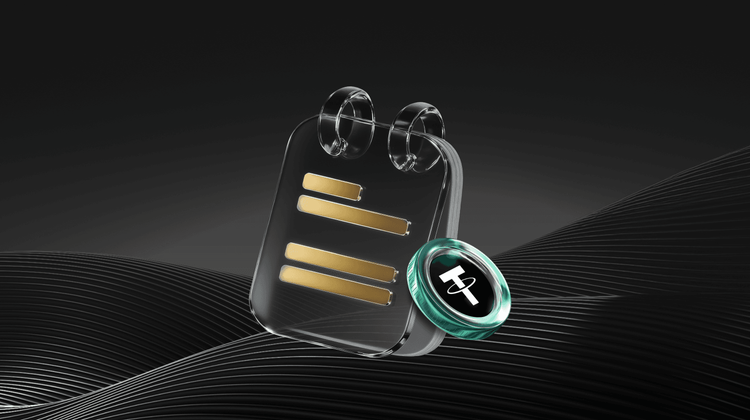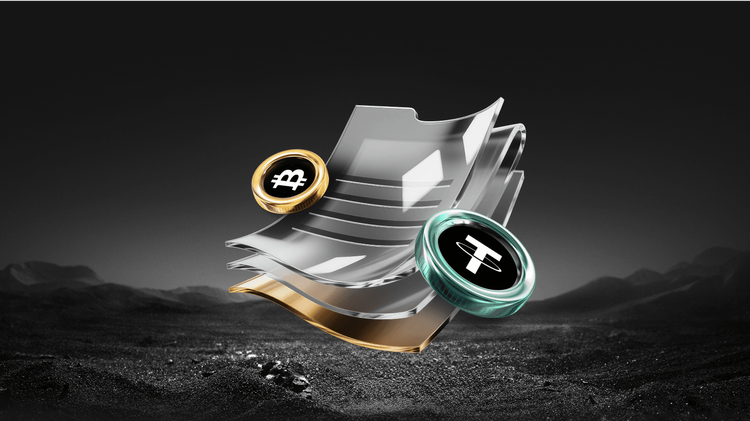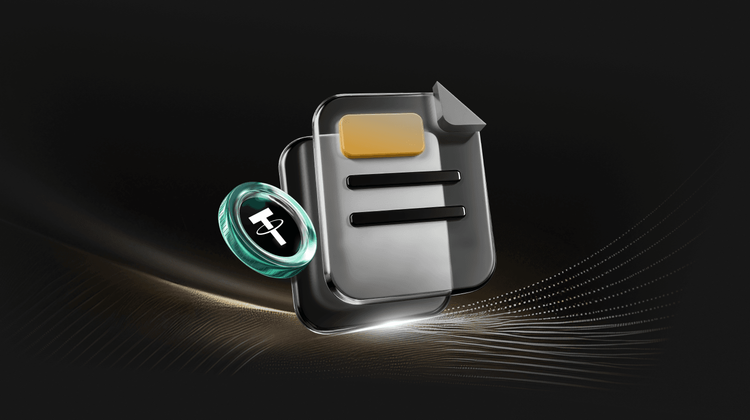How to Track Someone’s Crypto Wallet: A Comprehensive Guide
Cryptocurrency, with its decentralized nature, offers privacy and anonymity, making it both appealing and challenging to track. For enthusiasts eager to understand transactions or ensure security, knowing how to track someone’s crypto wallet can be invaluable. This guide breaks down the essentials of tracking wallet activities, making it accessible even for beginners.
What Is a Crypto Wallet?
A crypto wallet is a digital tool that allows you to store, send, and receive cryptocurrencies. Similar to a bank account number, a crypto wallet comprises a unique string of characters serving as an identifier in the blockchain world. Every transaction made with this address is recorded on a public ledger, making blockchain explorers crucial for monitoring activities.
Why Track a Crypto Wallet?
Tracking a crypto wallet isn’t just about curiosity—it’s about security, financial management, and compliance. By keeping an eye on wallet activities, you can:
- Enhance Security: Spot unauthorized transactions quickly, a necessity given the rise in crypto-related thefts.
- Manage Finances: Keep tabs on your spending habits and portfolio performance.
- Ensure Compliance: Stay prepared for tax season with a detailed record of your crypto transactions.
Tools You Need to Track a Crypto Wallet
Blockchain Explorers
A blockchain explorer functions like a search engine for blockchain transactions. By entering a specific wallet address, you can view all associated transactions. Popular explorers include Etherscan for Ethereum and Blockchain.com Explorer for Bitcoin.
Crypto Wallet Tracking Services
For more advanced tracking, services like Whale Alert offer real-time notifications for significant transactions. This is particularly useful for monitoring large sums and high-frequency trades.
Software and Apps
Applications such as Blockfolio and Delta allow for comprehensive monitoring and analysis of multiple wallets, offering users a detailed financial overview at their fingertips.
How to Track Someone’s Crypto Wallet: Step-by-Step
1. Choose a Blockchain Explorer
Select an appropriate blockchain explorer based on the type of cryptocurrency you’re interested in tracking. Options vary from Etherscan for Ethereum to Blockchair for multiple blockchains.
2. Enter the Wallet Address
Visit the chosen explorer and enter the wallet address in the search bar to reveal transaction history and balance information.
3. Examine Transactions
Once the address is entered, you can see detailed transaction information, including amounts, dates, and associated wallets.
4. Set Up Alerts (If Supported)
If the explorer supports alerts, create an account, configure your alert preferences, and choose your notification methods such as SMS or email.
5. Regular Monitoring
Make a habit of checking the explorer regularly to stay updated with any new transactions or changes in the wallet’s balance.
Best Practices for Tracking Wallet Activities
Regular Monitoring
Ensure that checking the wallet is a regular part of your routine to quickly identify any discrepancies or unauthorized activity.
Enhance Security
Use strong passwords and enable two-factor authentication on any service or application used to track wallets.
Protect Data Privacy
Avoid sharing wallet addresses openly to maintain privacy and prevent potential security breaches.
FAQs
Can anyone track my crypto wallet?
While transactions are recorded on public ledgers, tracking requires the wallet address. Without it, identifying specific activities becomes nearly impossible.
Is it illegal to track someone else’s crypto wallet?
Tracking a crypto wallet is not inherently illegal, but using information maliciously or without consent can lead to ethical and legal issues.
What information can I see through a blockchain explorer?
Blockchain explorers provide insights into transaction history, amounts, sending and receiving addresses, and timestamps, but they do not reveal personal identity details.
Are there any risks associated with tracking wallets?
While tracking itself is risk-free, mishandling or misuse of transaction information can lead to privacy breaches or legal issues.
How accurate are the transaction details in blockchain explorers?
Transaction details are highly accurate as they reflect the information stored on the blockchain, which is immutable.
Can tracking services notify me of every transaction?
Yes, many tracking services offer real-time alerts for transactions, allowing constant monitoring of wallet activities.
Conclusion
Tracking someone’s crypto wallet can be a powerful tool for ensuring security and managing finances, but it requires an understanding of the underlying technology and tools. Blockchain explorers and wallet tracking services offer comprehensive solutions for monitoring wallet activities securely and efficiently. As the crypto landscape continues to evolve, staying informed and cautious with tracking practices remains paramount.
You may also like

IOSG: Port and New City, Two Cryptoverse Views of BNB Chain and Base

WEEX Partners with LALIGA to Expand Global Reach and Integrate Crypto into Mainstream Sports Culture
Hong Kong, Jan. 1, 2026. WEEX has entered into a new partnership with LALIGA, as an official regional partner of LALIGA in Taiwan and Hong Kong. The agreement brings WEEX into LALIGA’s network of regional collaborators and opens the door to new ways of engaging both fans and traders during the season.

Perpetual Contract Genesis: Pricing Liquidity with a Magic Formula, Transparency Prevents it from Reaching its Full Potential

Key Market Intelligence as of December 31st, how much did you miss out on?

Hong Kong Virtual Asset Trading Platform New Regulations (Part 2): New Circular Issued, Has the Boundary of Virtual Asset Business Been Redefined?

AI Trading in Crypto: How Traders Actually Apply AI in Real Crypto Markets
Artificial intelligence has moved beyond experimentation in crypto markets. In 2025, AI-driven trading tools are increasingly used by traders who want better discipline, faster execution, and more structured decision-making in volatile markets. This guide explains how AI is actually used in crypto trading, step by step — with a focus on how these strategies are executed in real trading environments.

Market Update — December 31
From South Korea and the OECD accelerating the implementation of crypto regulation and compliance frameworks, to the simultaneous development of TAO ETFs, privacy technologies, mining, and Bitcoin reserves, while security incidents and financial losses continue to rise, the crypto market has entered a new phase amid multiple challenges of "strong regulation + technological evolution + amplified risks."

Lighter Token Distribution Sparks Controversy, Zama Launches USDT Private Transfers, What is the Overseas Crypto Community Talking About Today?

4 Years of Web3 Entrepreneurship: 7 Key Takeaways

Can't Beat the Stock Market, Can't Outdo Precious Metals, Is Crypto Really Becoming the Bull Market for "Outsiders"?

Why Did the Prediction Market Take Nearly 40 Years to Explode?

Key Market Intelligence on December 30th, how much did you miss out on?

Matrixdock 2025: The Practical Path to Sovereign-Grade RWA of Gold Tokenization

Paradigm's Tempo Project Launches Testnet, Is It Worth Checking Out?

Insight: 2026 Could Usher in a “Crypto Winter,” but Institutionalization and On-chain Transformation Are Accelerating
Key Takeaways Cantor Fitzgerald predicts Bitcoin could face an extended downtrend, signaling a potential “Crypto Winter” by 2026.…

Caixin: Digital RMB Wallet Balances to Begin Earning Interest in 2026
Key Takeaways: Starting January 1, 2026, digital RMB wallets will earn interest on balances. The operational structure will…

From Failures to Success: Building Crypto Products That Truly Matter
Key Takeaways Building infrastructure in crypto doesn’t guarantee success; understanding user needs is critical. Products aimed at younger…

Lighter Founder’s Latest Response on Token Launch Progress, What Was Said
Lighter’s Founder, Vladimir Novakovski, clarifies key concerns in an AMA, focusing on detecting and resolving bot account manipulations…
IOSG: Port and New City, Two Cryptoverse Views of BNB Chain and Base
WEEX Partners with LALIGA to Expand Global Reach and Integrate Crypto into Mainstream Sports Culture
Hong Kong, Jan. 1, 2026. WEEX has entered into a new partnership with LALIGA, as an official regional partner of LALIGA in Taiwan and Hong Kong. The agreement brings WEEX into LALIGA’s network of regional collaborators and opens the door to new ways of engaging both fans and traders during the season.
Perpetual Contract Genesis: Pricing Liquidity with a Magic Formula, Transparency Prevents it from Reaching its Full Potential
Key Market Intelligence as of December 31st, how much did you miss out on?
Hong Kong Virtual Asset Trading Platform New Regulations (Part 2): New Circular Issued, Has the Boundary of Virtual Asset Business Been Redefined?
AI Trading in Crypto: How Traders Actually Apply AI in Real Crypto Markets
Artificial intelligence has moved beyond experimentation in crypto markets. In 2025, AI-driven trading tools are increasingly used by traders who want better discipline, faster execution, and more structured decision-making in volatile markets. This guide explains how AI is actually used in crypto trading, step by step — with a focus on how these strategies are executed in real trading environments.
Popular coins
Latest Crypto News
Customer Support:@weikecs
Business Cooperation:@weikecs
Quant Trading & MM:[email protected]
VIP Services:[email protected]
